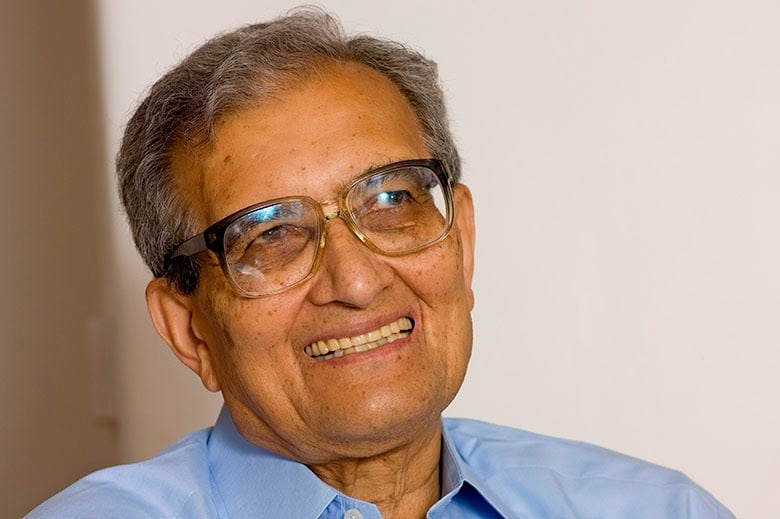
In The Argumentative Indian, Nobel Laurette and economist Amartya Sen examines India’s rich tradition of intellectual diversity and debate and explores how these qualities have shaped the country’s identity, democracy, and secularism. Published in 2005, the book is a collection of essays in which Sen argues that India’s historical commitment to public reasoning and tolerance has been fundamental to its development and resilience as a modern democracy. Through an analysis of ancient texts, literature, and philosophical traditions, he highlights how India’s history of pluralism and openness to different viewpoints has fostered an environment in which democracy and secularism could thrive.
Sen delves into India’s intellectual tradition of tolerance and rational discourse, drawing from figures such as Ashoka, Akbar, and Rabindranath Tagore. He considers this tradition in light of contemporary challenges such as religious fundamentalism, inequality, and the role of identity in politics. For him, these challenges threaten the argumentative tradition that has historically enabled India to mediate differences and maintain unity amid diversity.
The Argumentative Indian offers a compelling view of India as a society enriched by its willingness to engage in debate and embrace diverse perspectives. Sen’s work underscores the importance of sustaining this tradition as India navigates complex issues of modernity and globalization in its postliberalization era.

